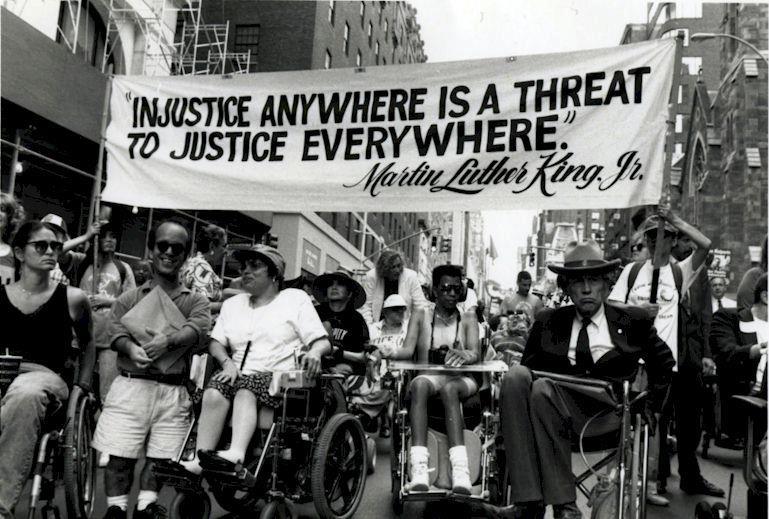Discovery of Middle Asia Cities Recasts Ancient History
LiveScience.com
Thu Aug 9, 11:05 AM ET
New discoveries at dig sites in Middle Asia are rocking the archaeological world and redefining the origins of modern civilization.
Numerous sites in modern-day Iran and the surrounding region suggest that a vast network of societies together constituted the first cities, whose residents traded goods across hundreds of miles and forged parallel but strikingly independent cultures.
Archaeologists have thought that modern civilization began in Mesopotamia, where the large Tigris and Euphrates rivers bounded a fertile valley that nurtured an increasingly complex society.
The social structures, wealth and technologies of this society slowly spread along the Nile and then the Indus rivers in the 3rd millennium B.C.
The findings at the new sites may have shaken conventional ancient history to its very foundations, reporter Andrew Lawler told LiveScience.
“People didn’t think you could have large settlements this early without large rivers emptying into an ocean. No one knew of these sites,” said Lawler, who reported in the Aug. 3 issue of Science magazine on the key findings, which were discussed at a recent archaeological conference in Ravenna, Italy.
